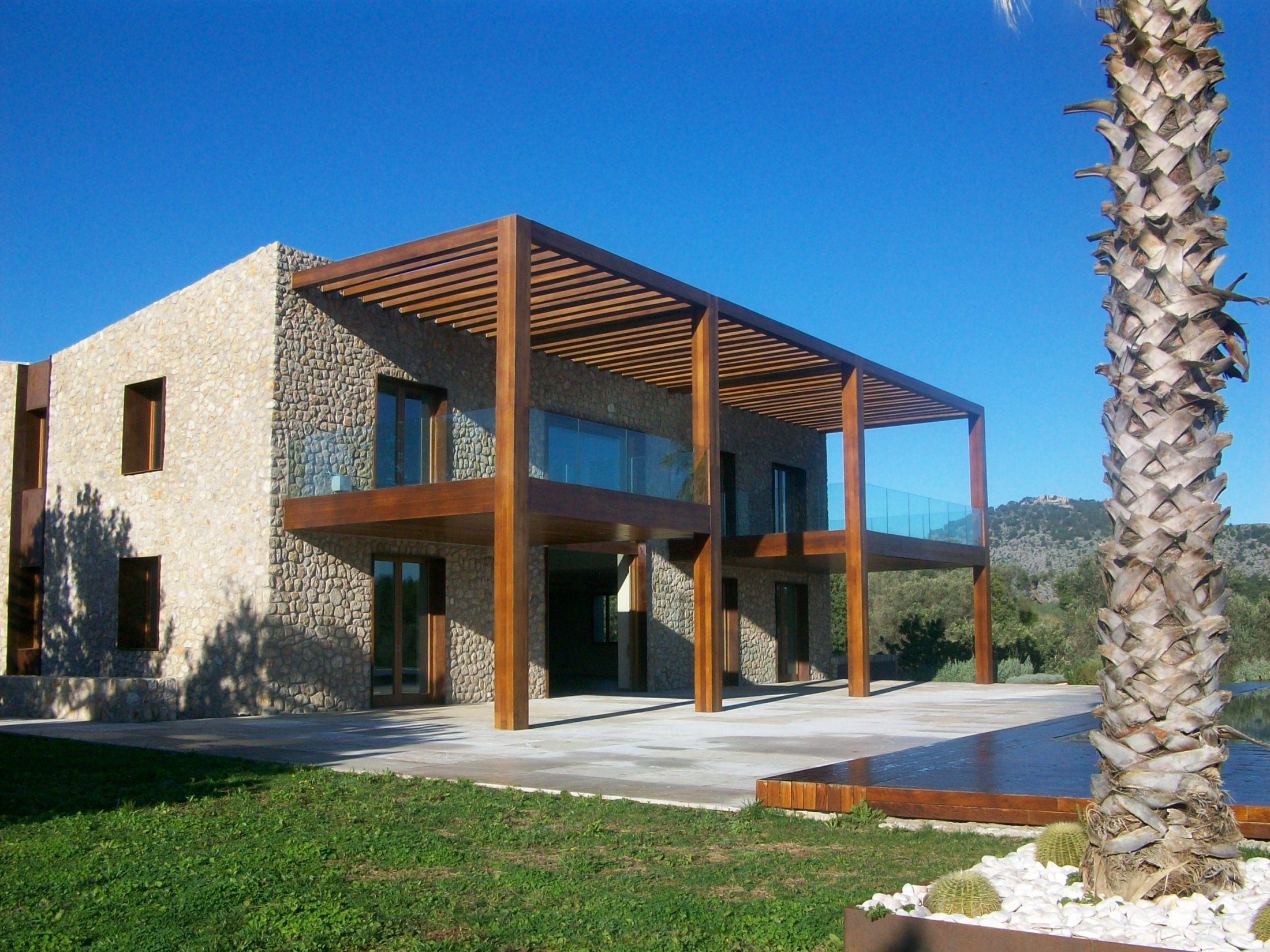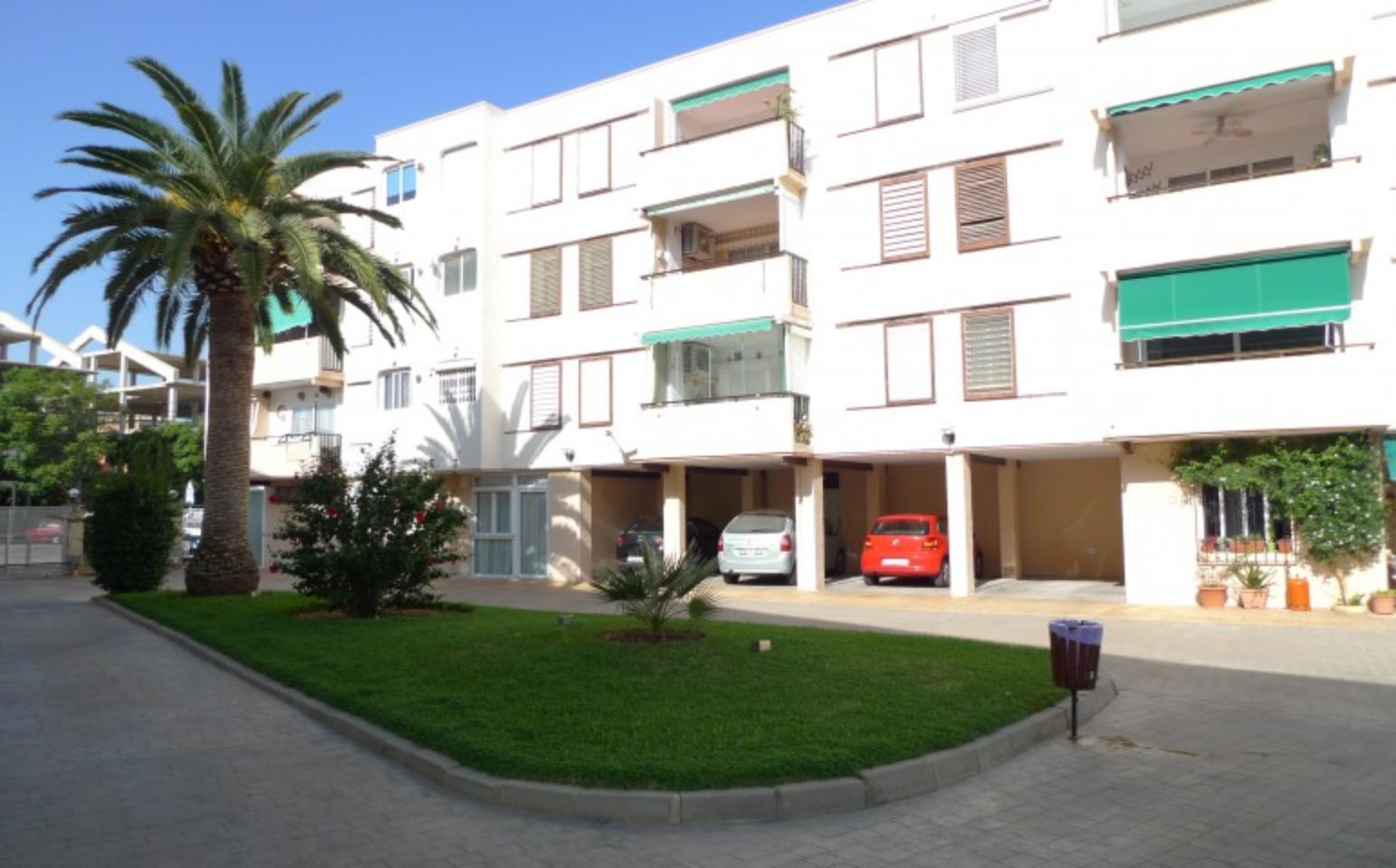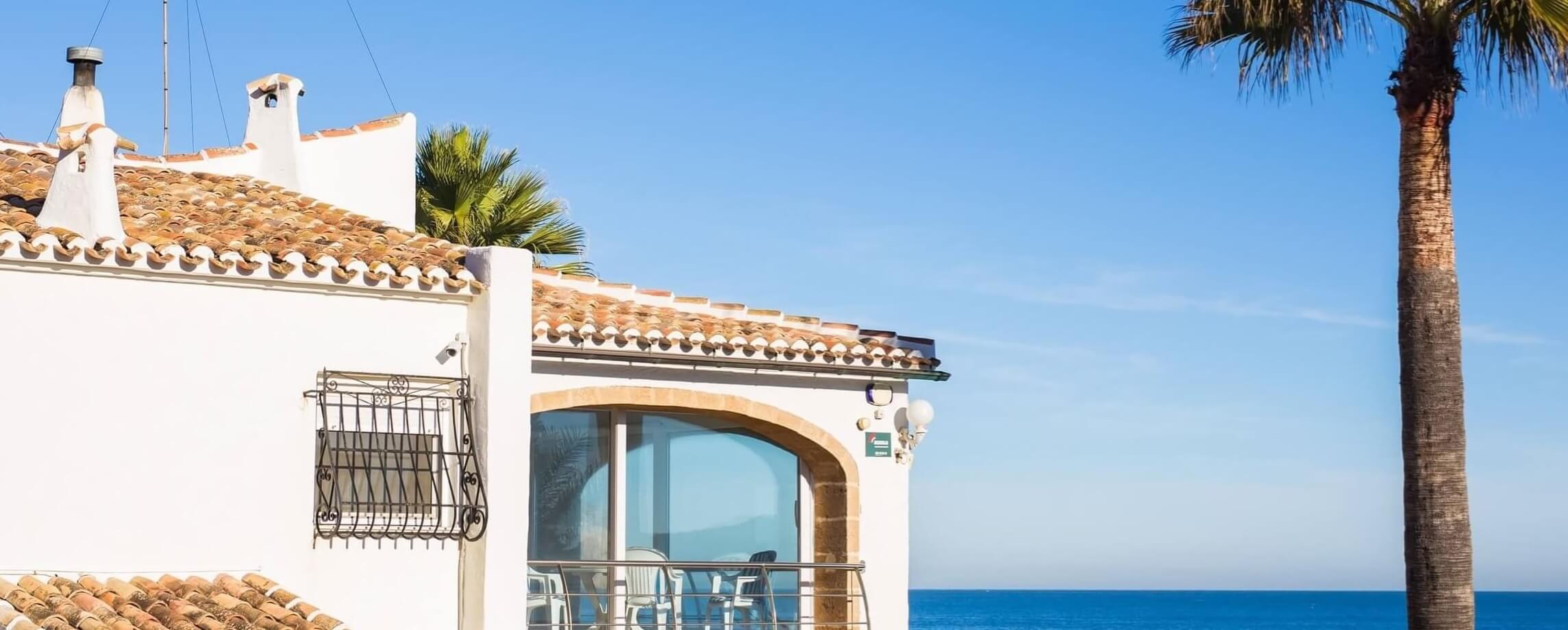Buying a house is a considerable investment that depends on many factors, and it can be a long and complicated process in any circumstance. When you add the issue of buying a property in a foreign country, the difficulties can multiply quickly. In Spain, however, buying a home as a foreigner is more accessible than in many other countries because foreign buyers have the same rights as Spanish citizens, and there are no restrictions.
However, there are some valuable steps and tips to remember when buying a home in Spain.
Choose who will help you
Our first advice is, as always, to hire a trusted real estate agent. A professional will save you time, money, and especially unpleasant surprises. Also, a real estate agent knows the available properties and the area they are in, crime rates, and nearby facilities and can advise you on finding a house according to your needs. In addition, the local real estate agent can help you with all the necessary documentation and will ensure that the entire purchase process is as simple as possible.
On the other hand, it is a good idea to hire a lawyer to help you with legal issues and ensure that each contract you sign has the best conditions for you. In Spain, the notary’s role is different than in many other countries. Although they have an obligation to advise their clients, this obligation is limited, and generally, a thorough investigation of the property will fall to the lawyer.
Study the property and negotiate the contract
Once you have found what you think is the perfect house, study it carefully. If you have chosen a professional real estate agency and a good lawyer, you will not have to worry about this since they will be responsible for checking that the property is up-to-date with the correct documents. They will ensure the sellers can transfer the property without problems, that the housing is free of charges, and that a lot of other details can only be determined with a thorough analysis. As a private individual and a foreigner, it is vital to hire legal professionals, as many matters could confuse someone who needs to learn the Spanish legal system well.
Once this investigation is complete, it is necessary to make a contract of sale or arras that ensures that the seller agrees to sell the house after signing. Here, it is essential that everything agreed upon with the seller is reflected in this contract. In the case of new constructions, you should note that in Spain, the promoters must ensure that the amount paid in the contract will be returned if the work is not completed, plus legal interests.
What do you need to formalize the purchase?
In legal terms, all you need is the NIE (Foreigner Identification Number). This unique number is essential to each individual to carry out any transaction in Spain. Since it must appear on all documents you sign or are issued to you in Spain, you must have it before signing the deed. The NIE is simple to obtain, but it does take a long time; ask your real estate agent to facilitate securing the NIE to expedite the process as much as possible.
In addition, although it is not mandatory, having a bank account in Spain will facilitate all the procedures since it will make payments faster and surely save you some commissions.
Finally, remember that once you own a property in Spain, you must appoint a tax representative if you are not a resident.
Decide how you are going to finance your home
In general, buyers who are not residents of Spain can enjoy the same mortgage conditions as Spaniards, that is, up to 80% coverage for a first home and between 60 and 70% for a second residence.
This means that you have to have a minimum of 20% of the price of available housing, in addition to approximately 15% extra on the cost of housing to pay taxes, attorney fees, notary fees, etc. Also, your repayments must be at most 30-35 % of your income.
Other relevant data to consider is that in Spain, mortgages are usually contracted for a minimum of five years and a maximum of 30, with 75 years as the maximum age to finalize the mortgage. It should also be said that each entity has its own risk criteria and which countries of residence can be accepted. Properties abroad are only sometimes accepted as collateral, since it would be difficult to claim an overseas home.






